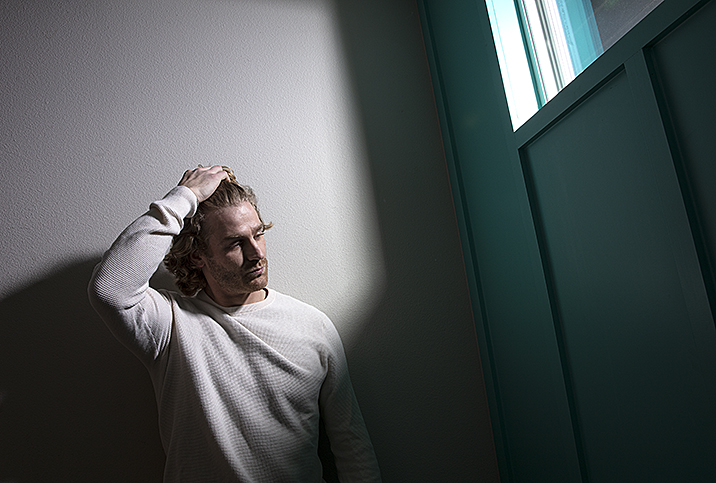Your Sex Life When Your Partner Has Genital Herpes

A diagnosis of a sexually transmitted infection always involves complicated conversations. A diagnosis of genital herpes is often one of the trickiest STIs to talk about, if for no other reason than it's a lifelong condition. But what are the implications of dating someone who has genital herpes? What is sex going to be like? What do you need to know to avoid contracting it yourself? Here are a few tips for managing sex with a partner who has genital herpes.
Your partner isn't the only one
First of all, don't panic. The CDC estimates nearly 1 in 8 people ages 14 through 49 in the United States has HSV-2, the virus strain that causes genital herpes. Nearly half of all American adults and adolescents have HSV-1, the strain generally responsible for oral herpes (cold sores). There are plenty of people living with these conditions, and many manage to have rich and fulfilling sex lives.
Be educated and receptive
Learning someone you've just started dating has genital herpes can be traumatic. So when's the right time to tell?
Most relationship advice experts suggest that while you don't need to reveal your HSV status on the first date, you should let them know well before you find yourselves getting intimate. It's to your advantage to educate yourself thoroughly on herpes so you can alleviate some of the stress your partner may have about breaking the news. If someone comes to you with this news, if you already know the repercussions of the virus, you can save them the burden of playing the role of educator. Instead, you can focus on being receptive and nonjudgmental about them sharing this information with you.
Stay extra safe
When having sex with a partner infected with genital herpes, you should always use protection, even when there is no visible outbreak. Remember, genital herpes isn't restricted to areas where a condom or dental dam forms a barrier. Sores can also appear on the buttocks and inner thighs where condoms won't help.
The virus is passed when an uninfected person comes into contact with a herpes sore, the saliva or genital secretions of an infected person (depending on which type the infected person has) or skin near the area of the infection. Oral sex performed by someone with HSV-1 without using a condom can cause genital herpes, so treat all sexual contact with a herpes-infected person as potentially infectious.
Ask your doctor about valacyclovir
Staying safe in the presence of genital herpes can also mean the infected partner takes herpes-suppression medication valacyclovir. While there's no cure for herpes, a daily dose of valacyclovir can help suppress outbreaks and reduce the likelihood of transmission as well.
A 2004 clinical study published in the New England Journal of Medicine looked at 1,484 monogamous heterosexual couples and found that when the infected partner took valacyclovir the chances of the uninfected partner contracting the virus were halved; these couples regularly used condoms as well.
Recognize the signs of an impending outbreak
The person with herpes carries a great deal of responsibility for keeping their partner safe and infection-free. Recognizing the signs of an outbreak benefits both partners.
Watch out for tingling, itching or burning in the spot where sores typically appear a day or two before an outbreak. Painful, sometimes fluid-filled sores may appear, lasting 7-10 days. The infected partner might experience flu-like symptoms as well. Sometimes infected people—especially women—may have trouble urinating or experience a burning sensation when peeing while an outbreak is imminent.
Doing wellness check-ins with your partner periodically can be beneficial for both of you.
Proceed with precautions
Herpes is a serious and lifelong infection with no known cure. However, if you take the proper precautions and pay attention to the cycle of outbreaks, you can enjoy a fulfilling sex life while keeping your partner safe from infection.


















